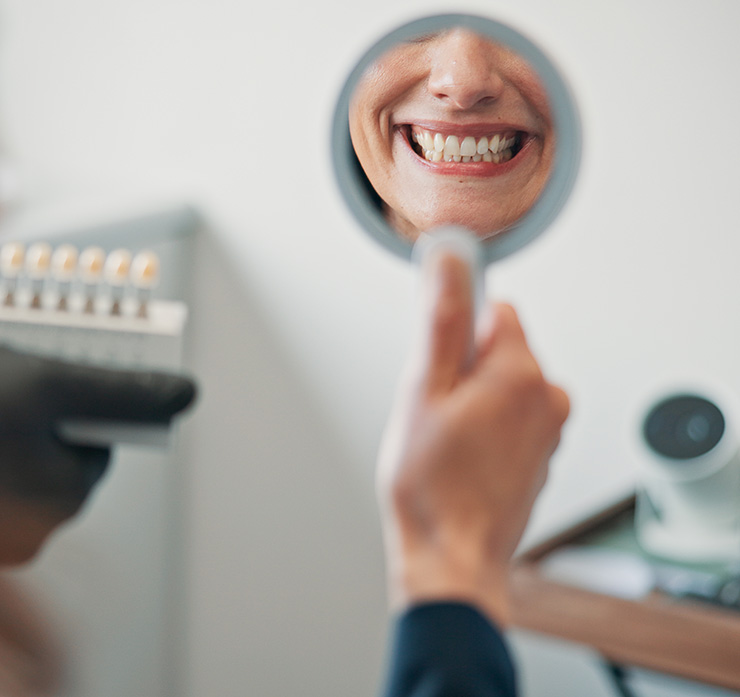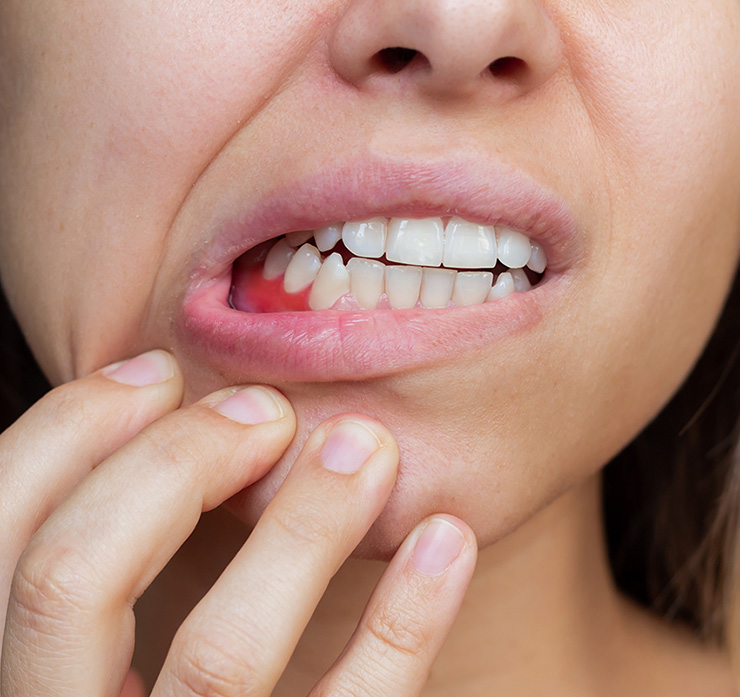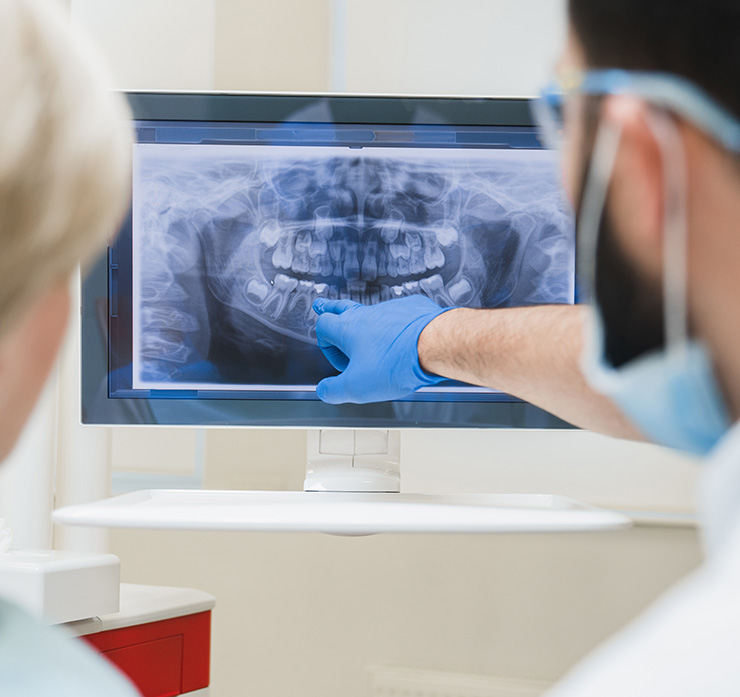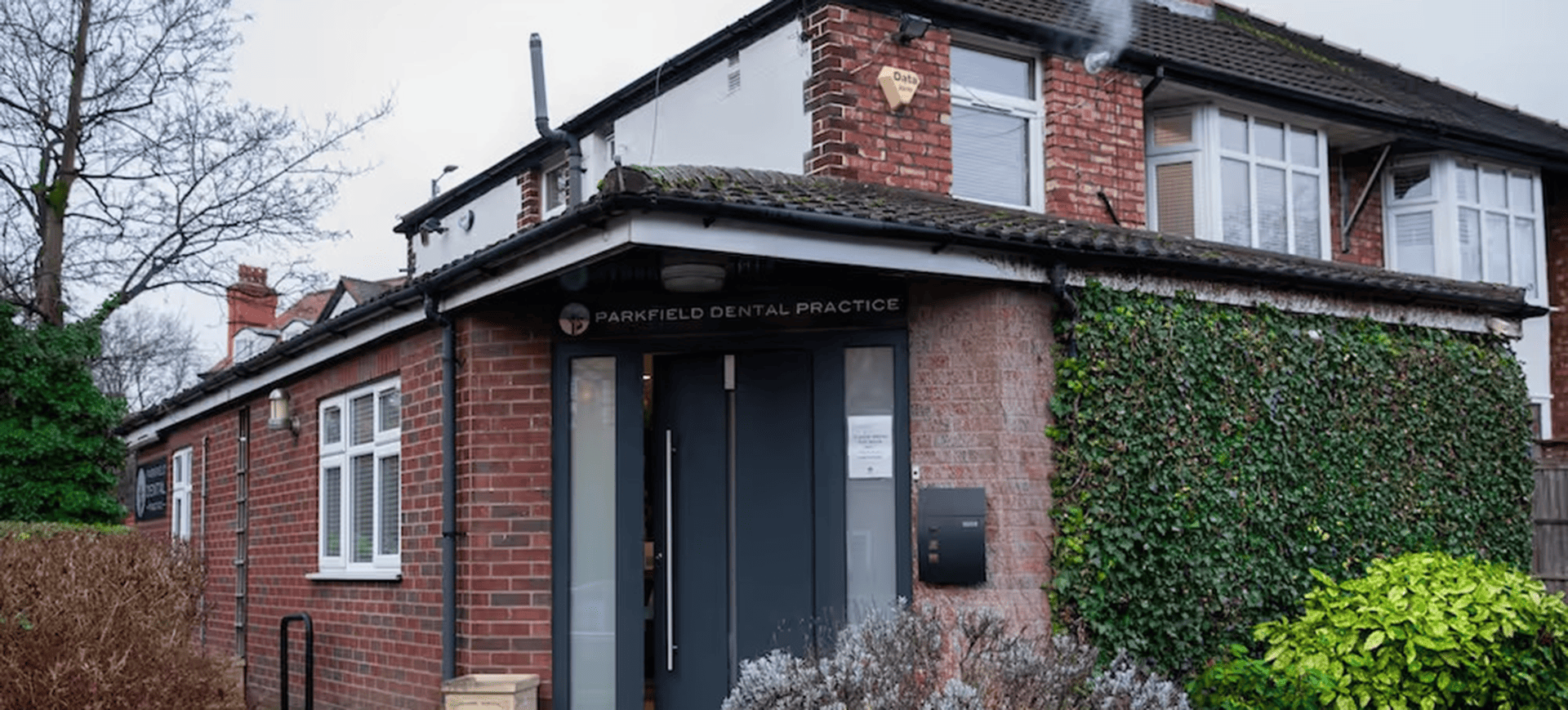A complete range of treatments for a healthier you
Is it time for a cleaning? Do you think you need a filling?
Whether you have a toothache or just want a check-up, you will find everything you need for your general dental health right here at Parkfield Dental.
Our dentists have decades of experience and as a family of dental professionals, our team has been servicing the Didsbury area for more than thirty years. We offer a full range of general dentistry treatments so that you have everything you need to enjoy a healthy smile and a better quality of living, as a result.

You owe it to yourself to schedule regular dental check-ups.
A check-up is the best way to find out if there are any oral health problems lurking below the surface. Our team uses the latest dental diagnostic imaging and technology to aid our expertise in detecting problems in teeth, bone, gums and other oral soft tissue. Learn more about the benefits of regular dental check-ups and what you can expect here at Parkfield Dental.
Dental Check-Ups
We offer direct access to our on-site dental hygienist/therapist five days per week here at Parkfield Dental.
There is no need to schedule a check-up with the dentist, if you do not need one and only wish to visit the dental therapist. You can book a dental cleaning any time you wish. We apowerful stain removal treatment can get you brighter and healthier-looking teeth in a single visit.
Dental Cleanings
Dental fillings strengthen teeth, improve the appearance of decayed teeth and prevent cavities from spreading.
If you have a toothache or visible cavity, then you should get it examined as soon as possible to find out if it needs a filling. We provide aesthetic dental fillings using a gentle technique for your comfort.
Dental Fillings
Need a set of comfortable, sturdy, dependable and natural-looking dentures?
We have extensive experience in dental prosthetic design, and we can help you find a tooth replacement solution that helps you get more out of life and feel confident in your smile. See examples of the beautiful prosthetics we have designed for other patients.
Dentures
Are you suffering from chronic bad breath, sensitive swollen gums or gums that often bleed when you brush or floss?
You may have periodontal (gum) disease. Our on-site dental hygienist can provide you with a thorough gum health evaluation to help you find out whether treatment for gum disease is right for you.
Gum Disease Treatment
Root canal treatment can help you get relief from a tooth that is infected, cracked or in severe pain.
In a root canal treatment, our dentist will carefully open your tooth, remove the damaged nerve tissue, and cleanse your tooth before sealing it off.
Root Canal Treatment
Our physician-recommended sleep apnoea dentist can help you get a good night’s rest.
Obstructive sleep apnoea or a snoring problem can wreak havoc on your relationships and health. Dr Joanne Ingleby can help you understand the risks of OSA and recommend treatments to help you silence the snore and benefit from uninterrupted sleep.
Sleep Apnoea
 Healthy, happy smiles start here.
Healthy, happy smiles start here.Fill in the form and our friendly team will be in touch with you momentarily
I had a great experience at Parkfield Dental Practice with Dr Shah. I opted for Spark teeth aligners followed by whitening and I’m very pleased with the results. The spark aligners were very clear an… Read More
These guys have completely transformed my teeth. Using Invisalign Dr Shah has left me with teeth I couldn’t be happier with. All of the staff are welcoming and friendly. I completely recommend Parkf… Read More
I have been a patient at Parkfield Dental Practice for over 15 years and could not recommend them highly enough. The whole team, from the receptionists/admin.staff to the hygienists and dentists, is p… Read More
As somebody who has a such a fear of the dentist through previous experiences, I was so pleased with my care. Mehmuna was so kind and patient with me, I felt immediately at ease and had everything exp… Read More
I had a wonderful experience at Parkfield Dental Practice. Dr Shah was incredibly attentive and careful throughout the entire procedure. Their gentle approach and positive attitude made me feel compl… Read More